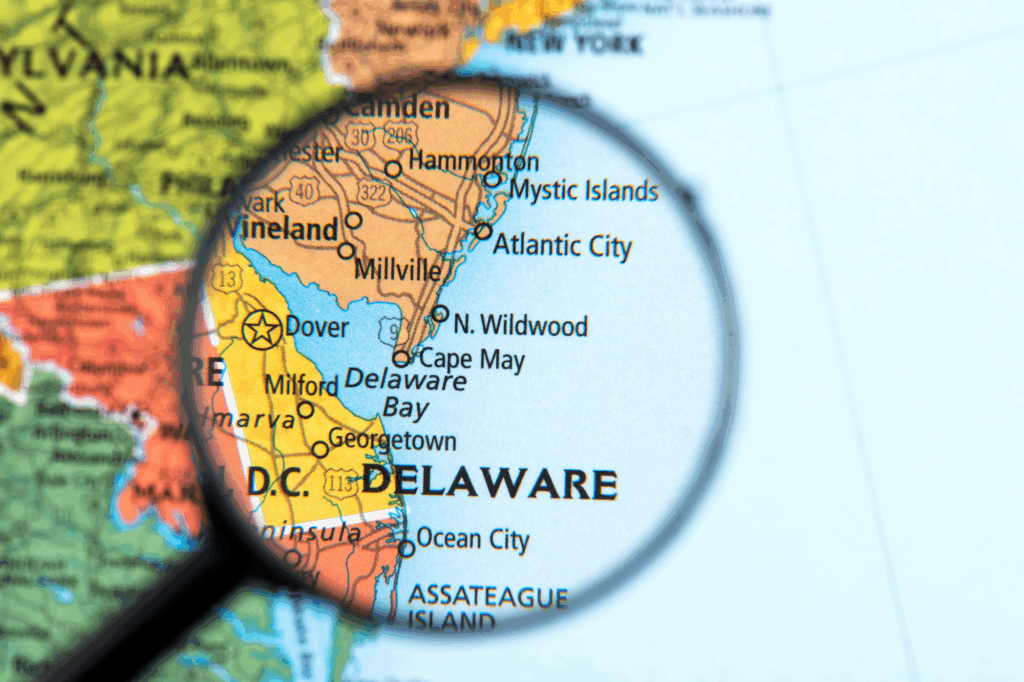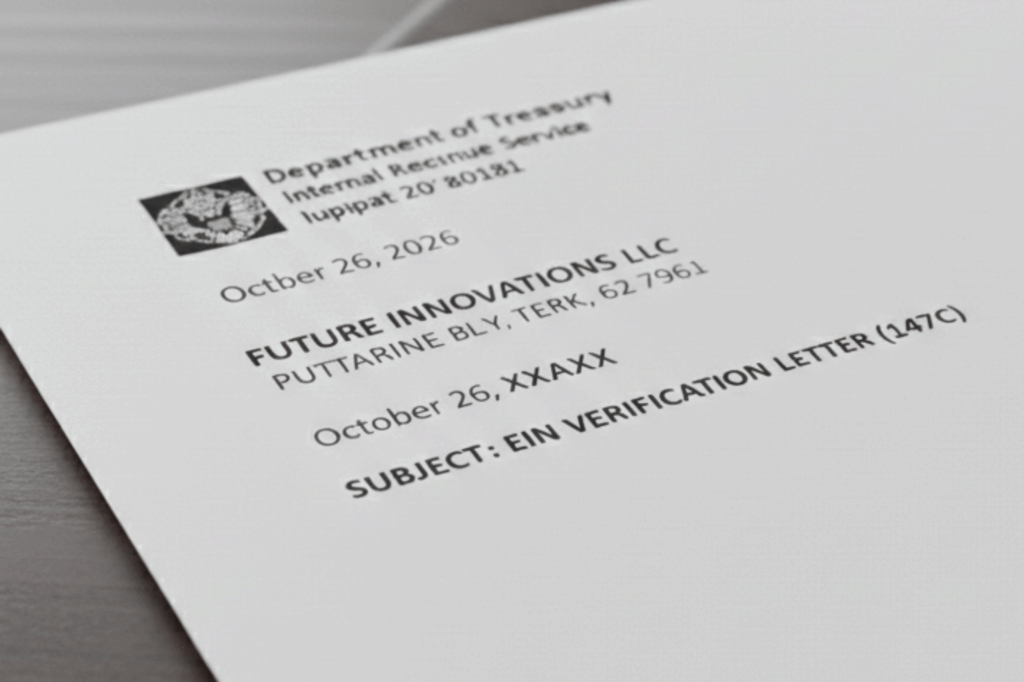Starting a Limited Liability Company (LLC) in the United States can be an excellent move for non-residentForming a Limited Liability Company (LLC) in the United States can be a strategic move for non-residents aiming to tap into the robust American market. However, selecting the optimal state to form your LLC is paramount, as it directly impacts your business benefits, including limited liability, tax advantages, and overall business environment. In this comprehensive guide, we will delve into the best states for non-residents to establish an LLC, focusing on Delaware, Wyoming, and Nevada. Each of these states has unique offerings and incentives that can significantly enhance your business operations.
Why Consider Forming an LLC in the USA?
Establishing an LLC in the USA comes with several advantages tailored to support business growth and security. Here’s why many non-residents choose this path:
- Limited Liability Protection: This ensures that personal assets are separate from business liabilities, providing a safety net for personal wealth.
- Flexible Management: LLCs offer adaptable structures, allowing for various management styles that accommodate diverse business strategies.
- Tax Benefits: Depending on the state, there can be substantial tax incentives that reduce financial burdens.
- Robust Legal System: The US has a well-established legal framework that supports business operations and dispute resolution.
Despite these advantages, the choice of state can influence the extent of these benefits. Let’s examine the top states favored by non-residents for LLC formation.
Delaware: A Time-Tested Choice
Why Choose Delaware?
Delaware has built a reputation as one of the most business-friendly states in the country. Here’s what makes it stand out:
- Business-Friendly Laws: Delaware offers a well-developed and flexible corporate law framework that has been tailored to cater to the needs of businesses.
- Chancery Court: This specialized court focuses solely on business law, ensuring expertly handled legal disputes.
- Privacy: Delaware LLCs do not require public disclosure of member names, ensuring privacy for business owners.
Benefits Specific to Non-Residents:
- No Sales Tax: Delaware imposes no sales tax on goods and services, offering a significant advantage in cost savings.
- Low Annual Fees: The state maintains relatively low franchise taxes and annual report fees, making it cost-effective for keeping the LLC active.
For more information on how Delaware might be the best fit for your needs, visit Clemta.com.
Wyoming: Low Costs and Strong Privacy
Why Choose Wyoming?
Wyoming is another popular state among non-residents, primarily due to its economical setup costs and commendable privacy protections:
- Low Costs: The state is known for having some of the lowest filing fees and annual maintenance costs in the country.
- Privacy Protections: Similar to Delaware, Wyoming does not require public disclosure of LLC member names.
Benefits Specific to Non-Residents:
- Asset Protection: Wyoming’s strong asset protection laws make it challenging for creditors to seize LLC assets, a notable advantage for securing business assets.
- No State Income Tax: Enjoy the benefit of having no state income tax on LLC earnings.
If you’re considering Wyoming as a potential state for your LLC, explore more at Clemta.com.
Nevada: Business-Friendly and Neutrally Taxed
Why Choose Nevada?
Nevada offers a dynamic business environment characterized by:
- Business-Friendly Regulations: The state is renowned for its accommodating business laws and minimal bureaucratic red tape.
- Privacy: Nevada, like its counterparts, does not mandate the disclosure of member names in public filings.
Benefits Specific to Non-Residents:
- No State Income Tax: One of Nevada’s most attractive features is its lack of a state income tax.
- Minimal Reporting Requirements: LLCs in Nevada enjoy minimal ongoing reporting obligations, simplifying compliance.
For a detailed understanding of Nevada’s advantages, check out Clemta.com.
Factors to Consider When Choosing a State
While Delaware, Wyoming, and Nevada offer significant benefits, it’s crucial to evaluate your specific business needs. Here are key factors to consider:
- Formation and Annual Fees: Investigate the cost of forming and maintaining an LLC in each state.
- Taxation: Assess state income, sales, and other pertinent taxes that may affect your business.
- Privacy: Determine the level of privacy protection offered by each state.
- Legal Environment: Consider how each state’s legal framework aligns with your business goals.
Conclusion
For non-residents seeking to establish an LLC in the United States, Delaware, Wyoming, and Nevada stand out as top contenders due to their favorable business climates, privacy benefits, and advantageous tax environments. Each state offers unique features that can align with diverse business objectives. Evaluate your business needs carefully to make an informed decision. For expert guidance on LLC formation tailored to your non-resident status, visit Clemta.com and leverage our resources to make the best choice for your business future.
Contact us: Feel free to ask your questions ?
Need More Guidance?
?: Guide to USA Incorporation: Delaware vs Wyoming?
?: LLC vs C-Corp: Understanding the Differences and Benefits
?: USA Business Taxes for Foreign Entrepreneurs: A Simplified Guide







